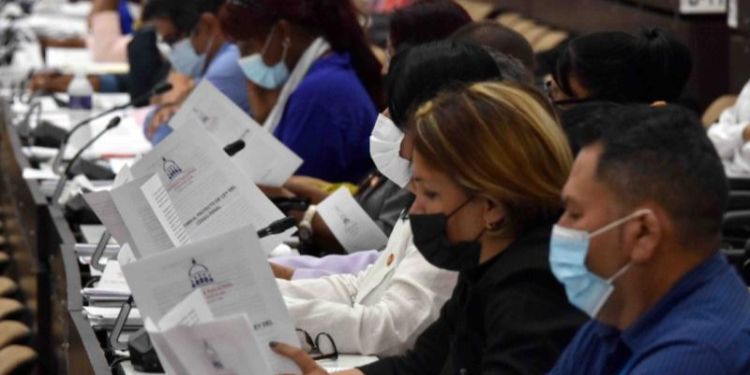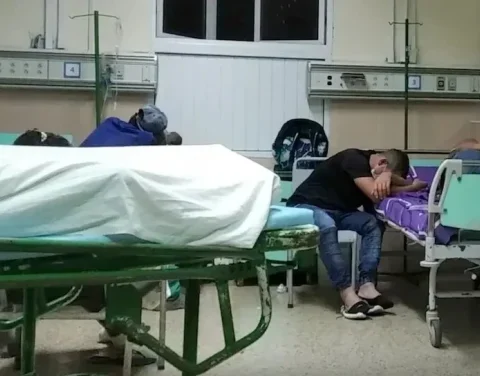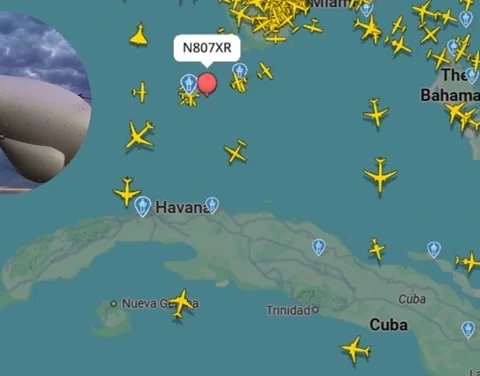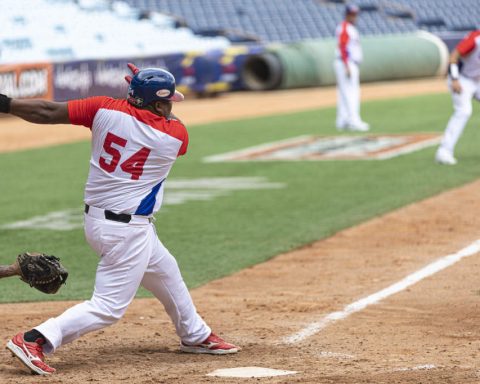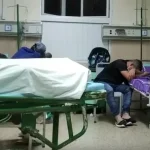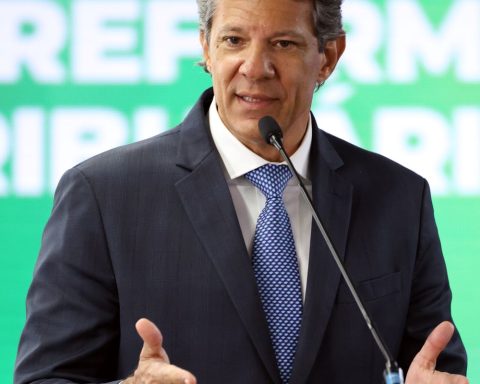Puerto Padre, Cuba. – Last week the regime in Havana, that of the “Palace of the Revolution”, released a new Penal Code. I said “new” because it is the third law that Castro-Communism promulgates for criminal codification, not counting the many laws and decree-laws produced to increase the crime. jus puniendiunderstood, the sanctioning power of the State.
In Cuba, the Spanish Penal Code of 1879 was in force until the Social Defense Code (CDS) was promulgated in 1936, modified in turn by Law No. 425 of July 9, 1959, which not only substantially raised the penalties for the crimes called “counterrevolutionary”; but also included the death penalty, expressly prohibited by article 25 of the Constitution of 1940conceptualizing that the death penalty was only applicable to members of the Armed Forces for military crimes, or to persons guilty of treason or espionage in wartime.
But the crimes sanctioned with the maximum penalty for deterrence action rather than crime, such as the executions of General Ochoa and his companions in the Cause 1 of 1989or those of the defendants in the Regla boat case, remain if not in growth of execution as when they were conceptualized in July 1959, yes in their codification.
The CDS would be repealed by the Criminal Code put into effect by Law No. 21 of February 15, 1979, which was abolished by Law No. 62 of December 29, 1987, and replaced by the new criminal legislation that Last week it entered into force with the same, and sometimes greater, sanctioning capacity than previous laws.
Regarding this criminal law, and for an audiovisual broadcast by Radio y Televisión Martí, I want to share with the readers of CubaNet three questions that the producer Patricia Martínez asked us: “How does the new Penal Code threaten freedom of expression? How does the new code criminalize the free use of cyberspace? How does the new code paralyze independent journalism?
Answering these questions via WhatsApp, I told Patricia: “The new Cuban Penal Code (and the old codes) is an attack on Article 19 of the Universal Declaration of Human Rights, which says that every individual has the right to freedom of opinion and expression, and that this right includes the right not to be harassed because of their opinions, to investigate and receive information and opinions, and to disseminate them, without limitation of borders, by any means of expression. But in Cuba there are people imprisoned for exercising that right, and others will go to jail according to the new code, because in Cuba it is penalized, criminalized, to express opinions when they are contrary to what the Communist Party considers correct”.
Regarding the criminalization of the free use of cyberspace by Cubans as conceptualized by the new criminal law, I said: “In Cuba the Communist Party monopolizes all the media, that is known, but now with the new code, the dissemination of television and radio signals, telecommunications and internet services, which are a State monopoly, is penalized with imprisonment for three to eight years.”
Regarding how the current criminal law tries to paralyze independent journalism, penalizing with jail those people who receive material or financial resources for the exercise of civic activism or journalistic correspondents, I made an analogy: During the 2003 imprisonments, sadly known as “Black Spring”, 75 civil rights activists and journalists or contributors to free press media went to jail; many of them accused by article 91 of Law No. 62 now in “disuse”, which typified as “acts against the independence or territorial integrity of the State” the work of those who carry out an act to the detriment of the Cuban State or its integrity territory in the “interest of a foreign State”. The defendants could receive sentences of imprisonment of 10 to 20 years or death. Thus, in 2003 dozens of people went to jail for writing newspaper articles, or for exercising their civil rights, accused of violations of Article 91.
With the same concept of the repealed law that I noted in “disuse”, in the new Criminal Code article 91 becomes 112, sanctioning with a penalty of deprivation of liberty that can now be from 10 to 30 years in prison, or deprivation of life imprisonment, or the death penalty. In other words, just as in 2003 dozens of people went to jail for exercising free journalism or political activism, according to the regime in the “interest of a foreign State”, now the same thing can happen because the new code maintains the criminalization of civil rights, does not decriminalize actions or omissions claiming civil rights, but rather hardens the jus puniendi of the State.
OPINION ARTICLE
The opinions expressed in this article are the sole responsibility of the person who issues them and do not necessarily represent the opinion of CubaNet.
Receive information from CubaNet on your cell phone through WhatsApp. Send us a message with the word “CUBA” on the phone +525545038831, You can also subscribe to our electronic newsletter by giving click here.
